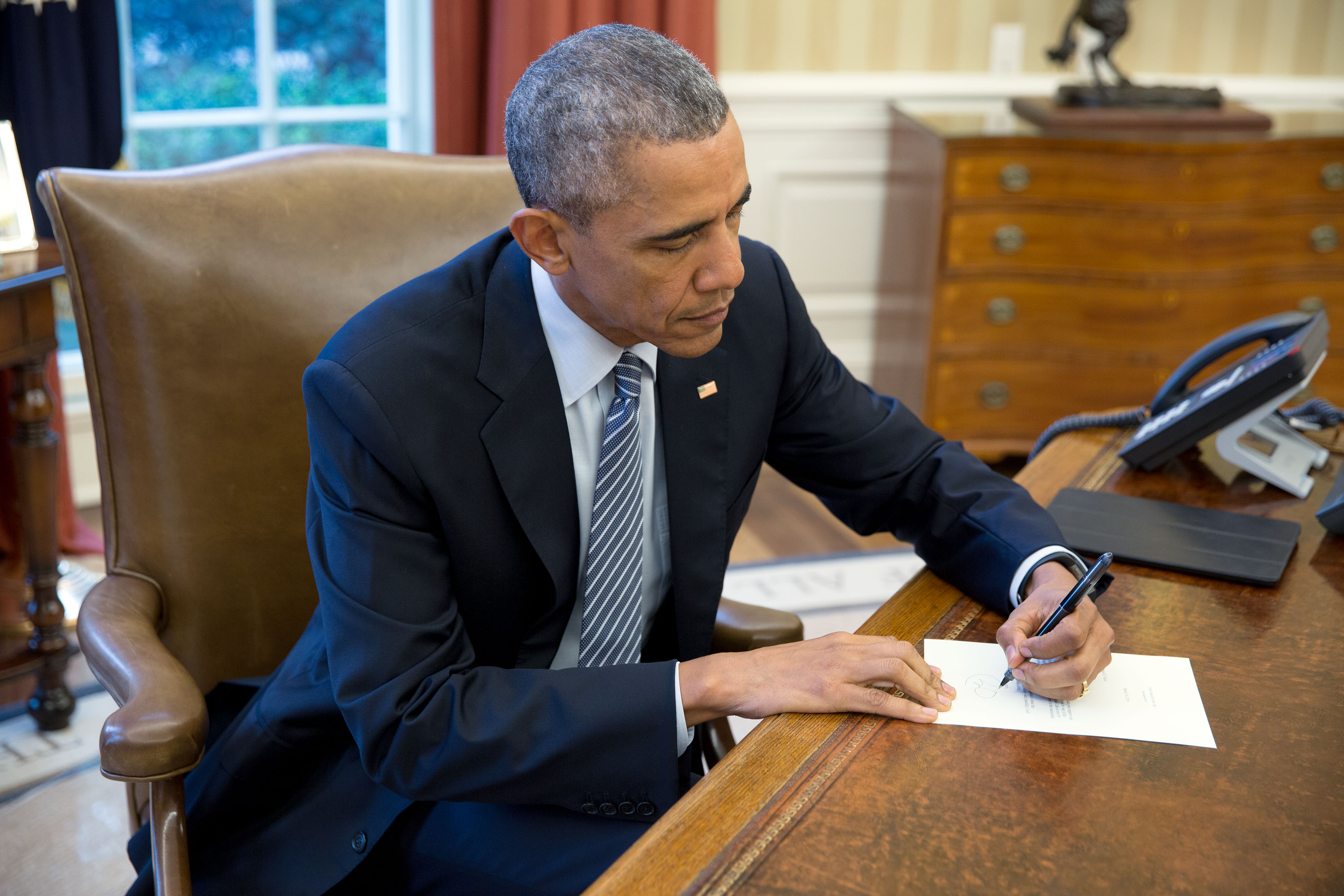By Devin Rodriguez
drodriguez7@mail.usf.edu

I am 25 years old and uninsured.
This may be a surprising fact after the implementation of the Affordable Care Act (ACA), dubbed Obamacare, signed into law in 2010. The action allowed people under the age of 26 to stay on their parents’ health care plans, among a number of other benefits.
My parents, who are divorced, couldn’t afford health care for me, and after I left my home straight out of high school, the responsibility landed squarely on my shoulders.
Adulthood has a steep learning curve and climbing it without the safety net of your parents’ nest can be quite dangerous.
Imagine a tightrope over a pool of water. In that water are sharks named car insurance, utilities and electric bills. I didn’t worry about the seemingly small one named health insurance since I considered myself young and healthy.
On Wednesday, I woke to find that the presidency would be handed to Donald Trump and he would take office on Jan. 20. President-elect Trump announced a 100-day plan for when he would take office and in that plan he promised to defund the ACA.
(Update: After meeting with President Obama, Trump has since softened his determination to defund the ACA. On Nov. 11, Trump said that there are aspects of the act he would keep, according to the New York Times.)
Since implementing the ACA, the rate of uninsured Americans has dropped drastically. The first quarter of 2016, Gallup, an online analytics website, reported that only 11 percent of adult Americans are uninsured, the lowest it’s been in eight years. African and Latino Americans have experienced the sharpest decline, Gallup stated.
The day after Trump was elected, more than 100,000 people signed up for health coverage under the ACA in what seems like a response to his promise, according to the Los Angeles Times. This is the largest number of people since enrollment for this quarter, which began Nov. 1.
Republicans have long decried the ACA and vowed to repeal it. Since the election Tuesday, the party is in a good position to finally do it. But neither the party nor its new president-elect have offered an alternative measure, and they could leave up to 20 million people without health insurance.
There are also a number of provisions that the health care law provides to limit insurance companies from exploiting their customer base, like the aforementioned extension to allow young people to stay on their parents’ plan and preventing insurance companies from withholding coverage due to pre-existing conditions.
Changes under the new Trump administration could drastically affect any benefits derived from the ACA. For students, these changes will directly impact their future job search and if they will need to interact with health insurance companies directly.
Next week, in part two of this series, I will explain my own experience with a healthcare navigator in Pinellas County. Seniors and transfer students are at an age where they could utilize the benefits of the ACA, but only if they understand more about the process. So I went to find out what they could offer and if it would be worth it.



